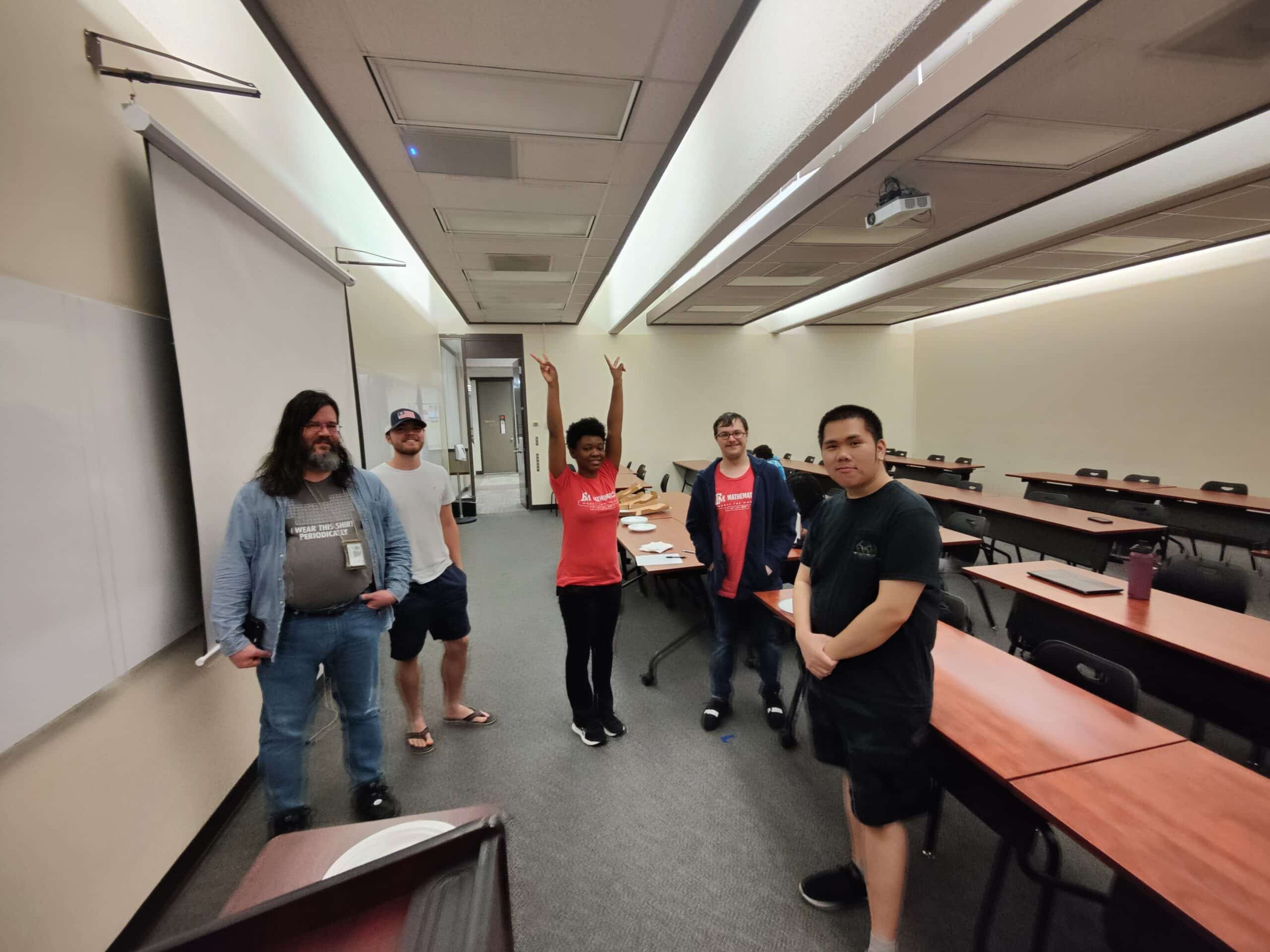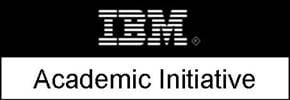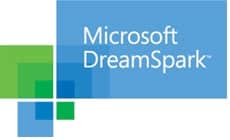Computer Science
The Computer Science Department aims to instill in our students a sound knowledge of all key domains of the computing sciences while encouraging critical thinking teamwork, innovation and lifelong love of learning.
We have a vision of graduating engineers who are ethical, creative, respectful of their peers, and have a desire to serve their community.
COMPUTER SCIENCE SCHOLARSHIPS
The ACS Technologies Scholarships
Students must complete the general FMU Scholarship Application at the beginning of the spring semester. This form may be obtained from the Financial Assistance Office and the deadline for its submission is March 1st. The criteria for awarding the ACS Technologies scholarship are as follows:
- First preference is given to a student who is a Computer Science major and an employee, or dependent of a current employee, of ACS Technologies in Florence, SC.
- If no such candidate exists, the recipient must major in Computer Science and must be a full-time junior or senior with a cumulative GPA of 2.5 or higher.
Previous recipients are eligible for repeat awards provided all qualifications are met.
All recipients will be selected by the FMU Financial Assistance Committee.

COMPUTER SCIENCE SALARIES
Highest Paid Masters Grads per $1,000
*Information for graph gathered from here: NACE, The Academy, Northeastern
COMPUTER SCIENCE
SALARIES
COMPUTER SCIENCE
JOBS PER STATE
COMPUTER SCIENCE
JOB MARKET
COMPUTER SCIENCE MAJOR
Students seeking a B.S. degree in computer science will enter as pre-computer science students. They will advance to being a computer science major upon completing one (1) of the following with a grade of C or higher:
- MATH 132 – College Trigonometry with Analytic Geometry
- MATH 137 – Pre-Calculus
- Math 201 – Calculus I or higher
A major in Computer Science requires the following:
Major Core – 36 hours
- CS 226 – Programming and Algorithmic Design I
- CS 227 – Programming and Algorithmic Design II
- CS 280 – Digital Systems Design
- CS 310 – Computer Architecture and Organization
- CS 313 – Systems Design and Development
- CS 318 – Data Structures and Algorithm Analysis
- CS 340 – Software Design and Development
- CS 350 – Theory of Computation
- CS 401 – Programming Languages
- CS 410 -Operating Systems
- CS 430 – Data Base Management Systems Design
- CS 440 – Computer Networks
Computer Science Electives – 6 hours
- Select from the following:
- CS 330 – Special Topics in Computer Science
- CS 360 – Introduction to Computer Graphics
- CS 425 – Numerical Analysis
- CS 475 – Internship in Computer Science
Computer Science Capstone – 6 hours
- CS 480 – Capstone I
- CS 482 – Capstone II
English
- ENGL 318 – Technical Communication*
- *Should be completed by the end of the sophomore year.
- Students should also consider ENGL 418 – Advanced Technical Communication upon successful completion of ENGL 318.
A minor in Applied Mathematics – 18 hours
- MATH 201 – Calculus I
- MATH 202 – Calculus II
- MATH 230 – Discrete Mathematics I*
- *Should normally be taken before completing any computer science course at CS 280 level or higher
- MATH 312 – Probability and Statistics for Science and Mathematics
- Either MATH 203 – Calculus III and MATH 425 – Numerical Analysis or MATH 304 – Linear Algebra and MATH 305 – Linear Programming
NOTE: In order to be eligible to register for computer science courses at the 300-level or above, students majoring in computer science must have obtained a GPA of 2.25 or higher on all courses required in the computer science major or minor and must have an overall GPA of 2.0 or better
COMPUTER SCIENCE MINOR
A minor is offered in Computer Science and consists of the following:
Required Courses – 18 hours
- CS 190 – Programming Fundamentals
- CS 226 – Programming and Algorithmic Design I
- CS 227 – Programming and Algorithmic Design II
- Select three (3) from CS 280 – Digital Systems Design or higher
A minor is offered in the Software Engineering track and consists of the following:
Required Courses – 18 hours
- CS 190 – Programming Fundamentals
- CS 226 – Programming and Algorithmic Design I
- CS 227 – Programming and Algorithmic Design II
- CS 313 – Systems Design and Development
- CS 340 – Software Design and Development
- MIS 225 – Modern Programming or Math 213 – Scientific Programming in Python or an approved CS elective
- These courses cannot be counted towards more than one of a major, a minor, or collateral within the School of Business.
COMPUTER SCIENCE COLLATERAL
A collateral in programming requires the following:
Required Courses – 12 hours
- CS 190 – Programming Fundamentals
- CS 226 – Programming and Algorithmic Design I
- CS 227 – Programming and Algorithmic Design II
- MIS 225 – Modern Programming or Math 213 – Scientific Programming in Python or Computer Science 318.
- These courses cannot be counted towards more than one of a major, a minor, or a collateral within the School of Business

COMPUTER SCIENCE LEARNING COMMUNITY
The Computer Science Learning Community is a center that the students of Francis Marion can use as a quiet place to study, get tutoring help, hold meetings, and hone their programming skills.
Students will also receive a daily email from ACM Tech News which highlights technology based information that circulates through news outlets.
The email also provides job information for students who are wondering what career they want to pursue with their new found knowledge.
COMPUTER SCIENCE RESOURCES
Having trouble finding the correct function for your Java program? Here’s the official Java API documentation and specifications!
Trying to create an application for Android? Check out the Android documentation here if you need any help!
Check out the Apple Developer website if you’re looking into developing for iOS devices.
Check out cplusplus.com if you have any questions or are unsure of how a function is used or what library you need to use.
Need questions answered about a program you’re working on? Stack Overflow is the place for you. Professional and enthusiast programmers are there to help you!
Need questions answered about anything Computer Science? CS Stack Exchange is a question and answer site for students, researchers, and practitioners of computer science.
A question and answer site for people who are studying math at any level and professionals in related fields.



